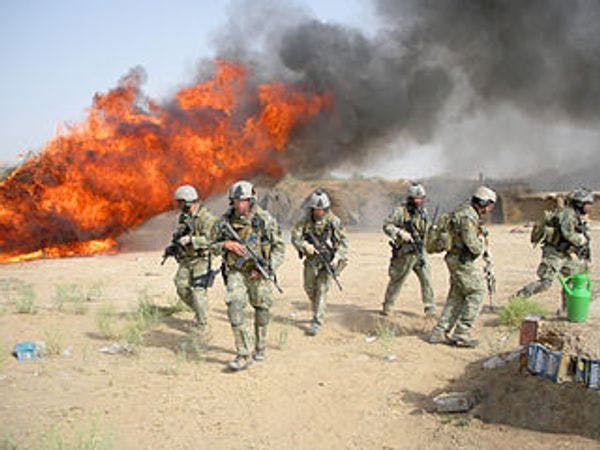Wikipedia - Drug Enforcement Administration - Public domain
Une « guerre à la drogue » « humaine » est possible, déclare la Commission de la Chambre au Président Biden
La Commission de l’hémisphère occidental en matière de drogues propose un changement de priorités dans les politiques des drogues, mais les critiques répondent qu’une « guerre à la drogue » axée sur la santé publique reste une « guerre à la drogue ». Pour en savoir plus, en anglais, veuillez lire les informations ci-dessous.
By Sessi Kuwabara Blanchard / Filter
About 20 minutes into a US House of Representatives hearing on the findings of the Western Hemisphere Drug Policy Commission—a body created under Obama and tasked with re-evaluating drug policy in the Americas—its chair made a statement that, heard on its own, could have sparked hope in the hearts of harm reductionists frustrated with the country’s violent global war on people who use or sell drugs.
“The US government needs better metrics and stronger evaluations of what does and doesn’t work,” said Dr. Shannon O’Neil, a senior fellow at the Council on Foreign Relations and the Commission’s chair. “Counting how many police officers have received training or how many hectares of coca have been eradicated doesn’t necessarily tell us whether we are reducing the harm of illegal drugs for Americans.”
Anyone familiar with the vast scientific literature on effective techniques for reducing the harms associated with criminalized drug use might think O’Neil was on the verge of calling for measuring drug policy in terms of access to naloxone, syringes, gold-standard addiction medications like buprenorphine, and even, simply, quality housing.
But not so. Instead, in a report this month providing drug policy recommendations for the incoming Biden-Harris administration, O’Neill and the Commission set forth a vision for an optimized global drug war that integrates “public health policies” into a more efficient assault on people involved in Latin American drug economies.
